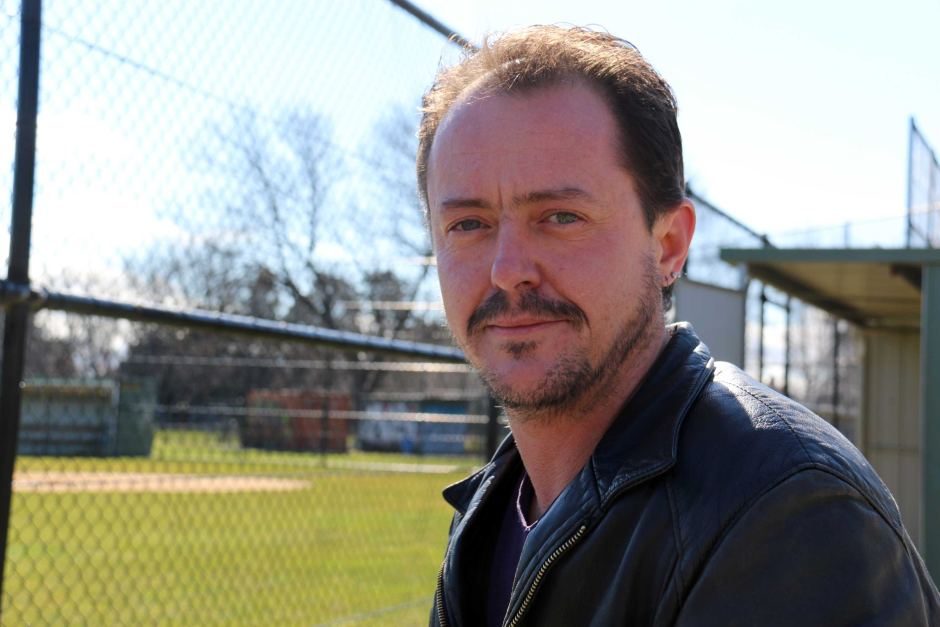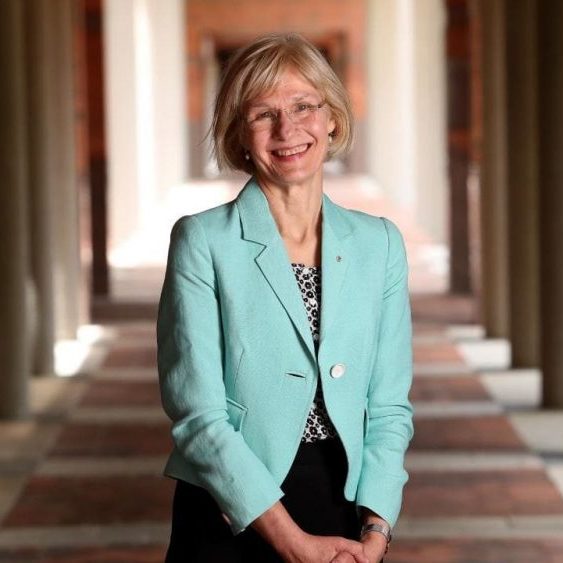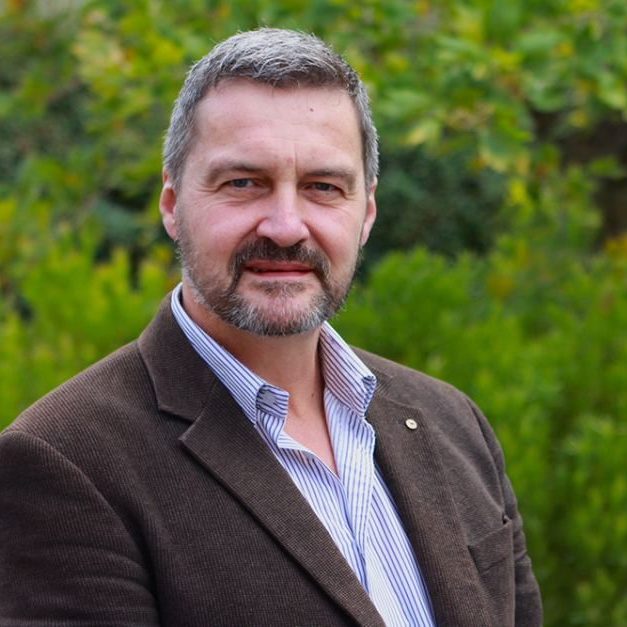1,066

A Gender Agenda responds to the Marriage EqualityBill 2013 (ACT)
A Gender Agenda (AGA) today notes the introduction of the Marriage Equality Bill into the ACT Legislative Assembly. While AGA recognises that the Bill is an important milestone for the gay, lesbian and bisexual community, the legislation also highlights the slow progress on reforms that were promised to the intersex, transgender and gender diverse community back in 2003.
Executive Director of AGA, Peter Hyndal, reports that “the intersex and gender diverse population in Canberra still experiences exceptionally high rates of discrimination, unemployment and social marginalisation, as well as poor health outcomes and low rates of engagement with mainstream support services. These are issues that have a profoundly negative effect on people’s lives and need urgent attention at both an ACT and Commonwealth level.
In the area of legal recognition, Mr Hyndal explains that “the ACT Births Deaths and Marriages Registration Act 1997 (BDMR Act) currently requires a person to undergo unnecessary surgical sterilisation before they can change the record of their sex”. In March 2010, the ACT Human Rights Commissioner advised the Attorney-General that this arrangement “is inequitable and undermines dignity” and “imposes unjustifiable limitations on the human rights protected under the HR Act”.
Following the 2012 report of the ACT Law Reform Advisory Council (LRAC) on the legal recognition of sex and gender diversity in the ACT, the ACT Government expressed its support for a variety of amendments to improve the situation of sex and gender diverse people in the ACT. It has not, however, introduced any legislation to affect these changes.
In this context, Mr Hyndal observes that “the Government’s progress in the area of same-sex marriage and relative inactivity on the issue of the rights of sex and gender diverse people is very disappointing”.
Further, on the issue of marriage, Mr Hyndal explains that “there is still substantial confusion about whether intersex, transgender, genderqueer and other gender diverse people can marry under the Commonwealth Marriage Act 1961. Consequently, in the absence of any express inclusion in the ACT legislation, intersex and gender diverse people may be unable to marry in either the Commonwealth or the ACT, meaning that claims of achieving ‘marriage equality are misleading”.


